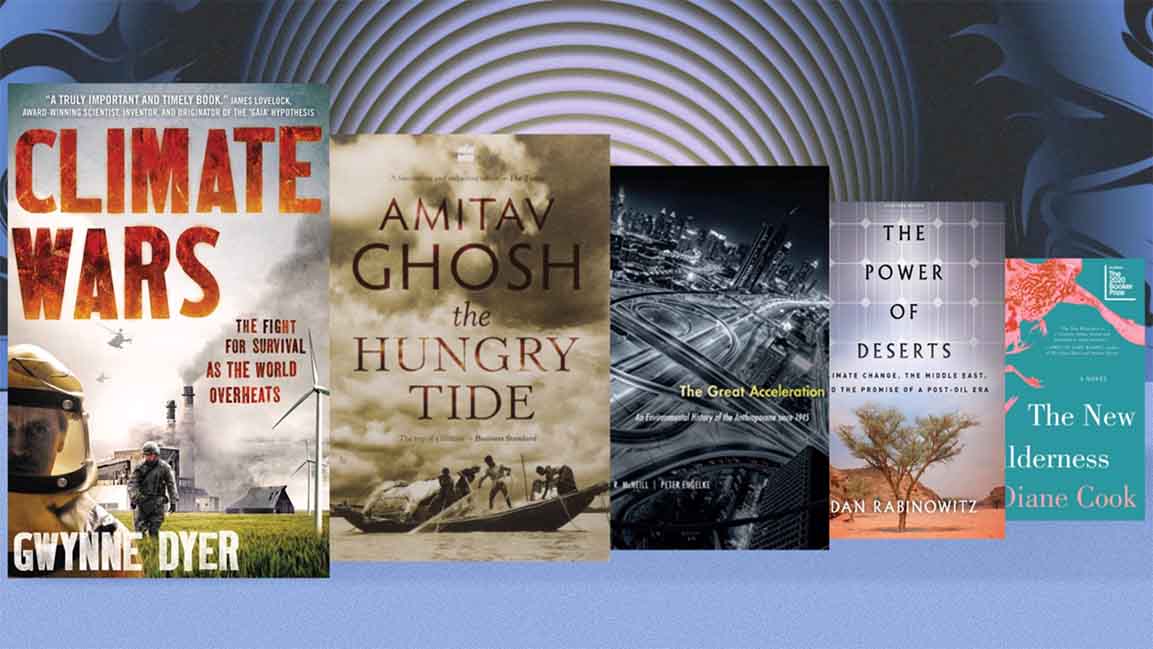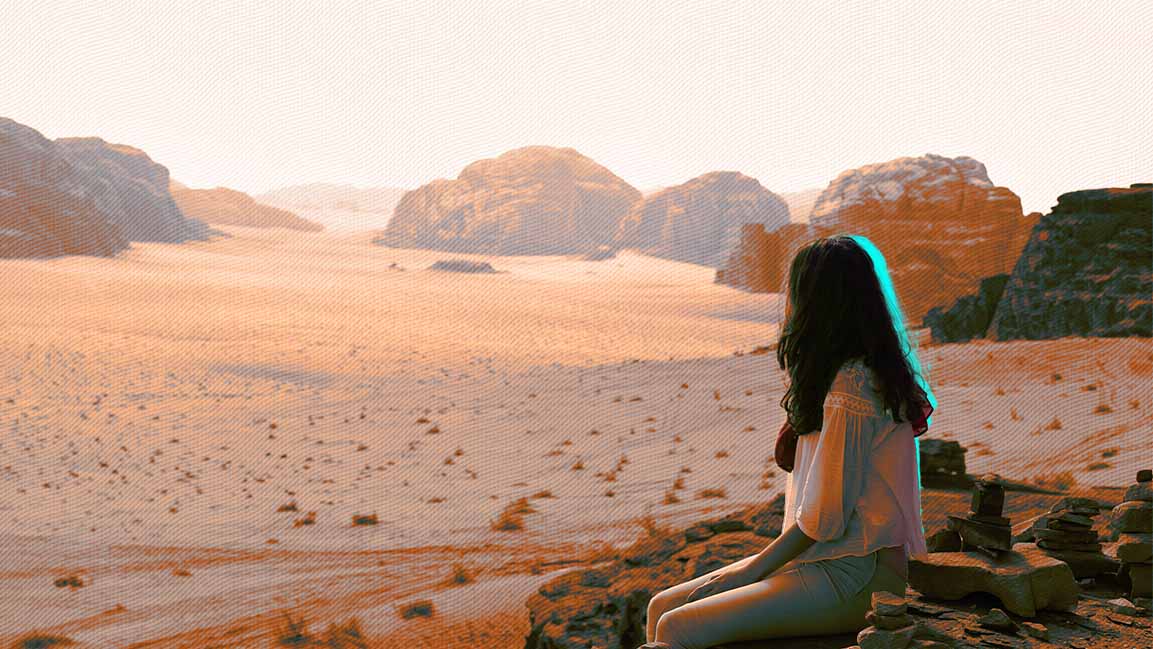- | 10:30 am
Five climate-change books you should read
A good place to understand climate change is by picking up the right book

COP28 will likely be the turning point in climate change efforts. But we need clear and simple explanations of climate change, its meaning, and how to cope with it. When the subject of climate change comes up, it is almost always nonfiction; novels and short stories are very rarely to be seen within this horizon. But there are some best stories on ecological peril as well.
Here are five books on climate change to get you started:
Climate Wars: The Fight for Survival as the World Overheats by Gwynne Dyer
From the collapse of the European Union in 2045 to large-scale population changes and natural catastrophes, journalist and geopolitical analyst Dyer has predicted some horrific climate change scenarios. Climate Wars is based on extensive research and interviews.
The book is more persuasive than the typical predictions limited to temperature and weather because of the abundance of sources, global warming, and a must-read to understand the current fight for survival. We can only hope that Dyer’s sources will persuade decision-makers to take significant action.
The Hungry Tide by Amitav Ghosh
The book is not a quintessential climate book; it’s a novel. The two major characters Piya, an American cetologist, and Fakir, a local fisherman, are connected by an odd, invisible current of emotions. Despite their limited communication ability because of the language barrier, a single glance can convey a lot.
The setting in the novel is portrayed in depth, making us feel as though we are there by ourselves. After reading this, you may experience a deep awakening to the lovely mother nature.
The Great Acceleration by JR McNeill and Peter Engelke
Human impact on Earth has created the planetary epoch known as the Anthropocene. According to McNeill and Engelke, this impact sharply increased after 1945. Their book provides a thorough yet condensed overview of the history of modern environmental issues, including air pollution, major extinctions, an excess of nitrogen, and the most significant one: climate change.
This book is a quick read that provides a great overview of how the entire planet deviated onto a drastically new course after the 1950s. The Great Acceleration is a carefully researched and pleasantly wide-ranging study due to the variety of nations and historical events covered.
The Power of Deserts – Climate Change, the Middle East, and the Promise of a Post-Oil Era by Dan Rabinowitz
Oil-rich Middle East countries will see renewable energy overtaking fossil fuels. A call to action for regional leaders exists amidst these impending risks. The book offers insights into if Arab nations can harness the region’s vast solar energy potential and become leaders in the fight against climate change.
In The Power of Deserts, the potential effects of socioeconomic inequality, population shifts, and political instability are examined in regional climate models. Rabinowitz’s upbeat exploration of opportunities from an approaching crisis emphasizes a recent shift toward renewable energy in the Middle East, which offers more than just foreboding and dread.
The New Wilderness by Diane Cook
In a world wrecked by climate change and overpopulation, Cook’s brilliant debut novel, which was long-listed for the Booker Prize, examines a mother-daughter bond. This story of survival and conflict involves a group of strangers attempting to live in a hostile natural environment brought on by the climate catastrophe.
To determine if people and the environment can coexist, Bea, Agnes, and another 18 volunteers move to the Wilderness State. This new settlement of hunters and gatherers roams the vast land as nomads while attempting to follow the rigorous regulations set down by the Rangers, whose task is to remind them to leave no trace.
As the gang gradually learns to live and survive on the erratic and frequently hazardous terrain, Cook’s word palette shows how its members engage in power struggles, betray one another, and risk all to protect others.







































